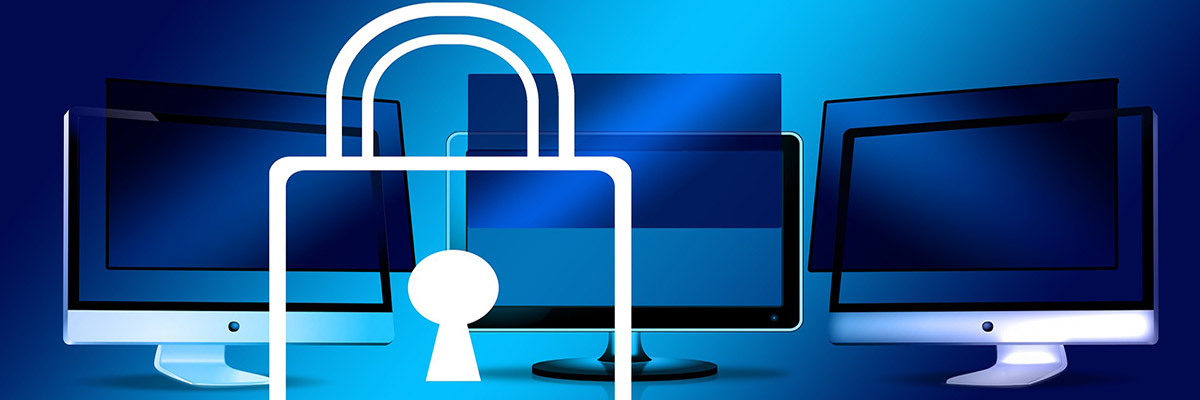Card safety tips
Safeguarding your credit and debit cards often comes down to common sense. These credit card safety tips offer simple ways you can work to help keep your accounts secure.
1. Practice card protection from the beginning
Sign the back of a new card right away. This protects you if the card falls into someone else’s hands. Turn on suspicious activity alerts, and spend a few minutes working on your password and PIN for the account.
When choosing passwords for your credit card accounts, remember to create a strong one that’s unique to each account—don’t use the same password for your bank account and retail sites—and take advantage of multifactor authentication when it’s offered.
If your account also requires a PIN, do not choose a number that you use for other purposes or that is personal to you, such as your birthday or digits from your Social Security number.
2. Keep your account number private
Don’t let anyone see your card when you’re out in public. Be selective when giving your account number over the phone; only offer it when you initiated the call and you’re talking to a bank or merchant you trust. Be suspicious of messages you receive over email, text, phone or social media, asking you to give personal information or click a suspicious link.
Consider paperless statements and making payments online to remove your sensitive information from the postal system. It’s also a good idea to shred documents with sensitive personal information before you trash them.
3. Keep your information current
Notify us if you move. That way your statements and other information will follow you to your new address and won’t end up in anyone else’s hands.
Sign up for alerts and check to make sure you’ve provided your current phone number and email so they can reach you quickly in the event of fraud or suspicious activity. Make sure you also understand how your financial institution will send alerts. You may be able to choose whether you want to be contacted by text, email or phone call.
4. Be careful with your receipts
If there is extra space on your receipt, draw a line through it so no one can write in any additional numbers. It’s also a good idea to check your receipts against your account to spot potentially fraudulent transactions fast. Finally, don’t just throw out any duplicates or old receipts. Shred the ones you don’t need and securely file the rest.
5. Secure your devices and networks
If you allow your browser to store your credit card number, you could be vulnerable. To prevent this, consider turning off the Autofill function in each browser that you use.
In addition, think about using a digital wallet, a payment system housed on your smartphone that makes it possible to conduct electronic transactions using your credit cards. RGCU will soon be rolling it out for all members. Because digital wallets use encryption, tokenization and authentication, they have the potential to be safer than carrying a credit card. If you use a digital wallet, make your smartphone hard to unlock by requiring a passcode and fingerprint, where possible, and download an app to help you find your phone in case you lose it.
6. Protect yourself online
You’re probably already practicing basic online and mobile safety, but consider taking these credit card-specific measures as well:
Know your merchant. When shopping online, look for sites with “https” in their web addresses (the “s” stands for “secured”) and the green lock icon; make sure the URL includes the correct company’s name, rather than a close-but-not-correct version; and, even on a secured site, share your information only if you know how it will be used.
Type for each transaction. Never allow your card number to be stored on an online shopping site.
Add a layer. Consider using an online payment system or mobile payment service like RGCU iPay, PayPal, Apple Pay, Samsung Pay or Android Pay to keep your credit card number out of the hands of merchants, so that if a merchant is hacked, it can’t leak your account number.
Watch out for public Wi-Fi. Don’t shop or conduct financial transactions, including checking your accounts, using public Wi-Fi. Because it’s a public network, your information can easily be viewed by anyone.
7. Check your account often
Reviewing your recent account activity is fundamental to credit card safety—and it’s easy to do. You can do it using the bank’s app, online or over the phone. Most card issuers also let you set up email or text alerts to inform you and your issuer about unusual activity. If you’ve been a victim of fraud or identity theft in the past, consider signing up with a credit-monitoring service. Learn more about Bank of America’s fraud protection and monitoring services.
8. Report lost cards and suspected fraud right away
If you lose your card or suspect fraudulent activity, contact us right away. We can block your card and account number so no one else can use them and provide with a new card and account number.
According to U.S. law, once you notify your issuer that your card was lost or stolen, the most you’ll have to pay is $50—and many issuers waive that as long as you notify them promptly. Remember: Speed is critical. Learn more about Bank of America’s fraud protection and monitoring services.

